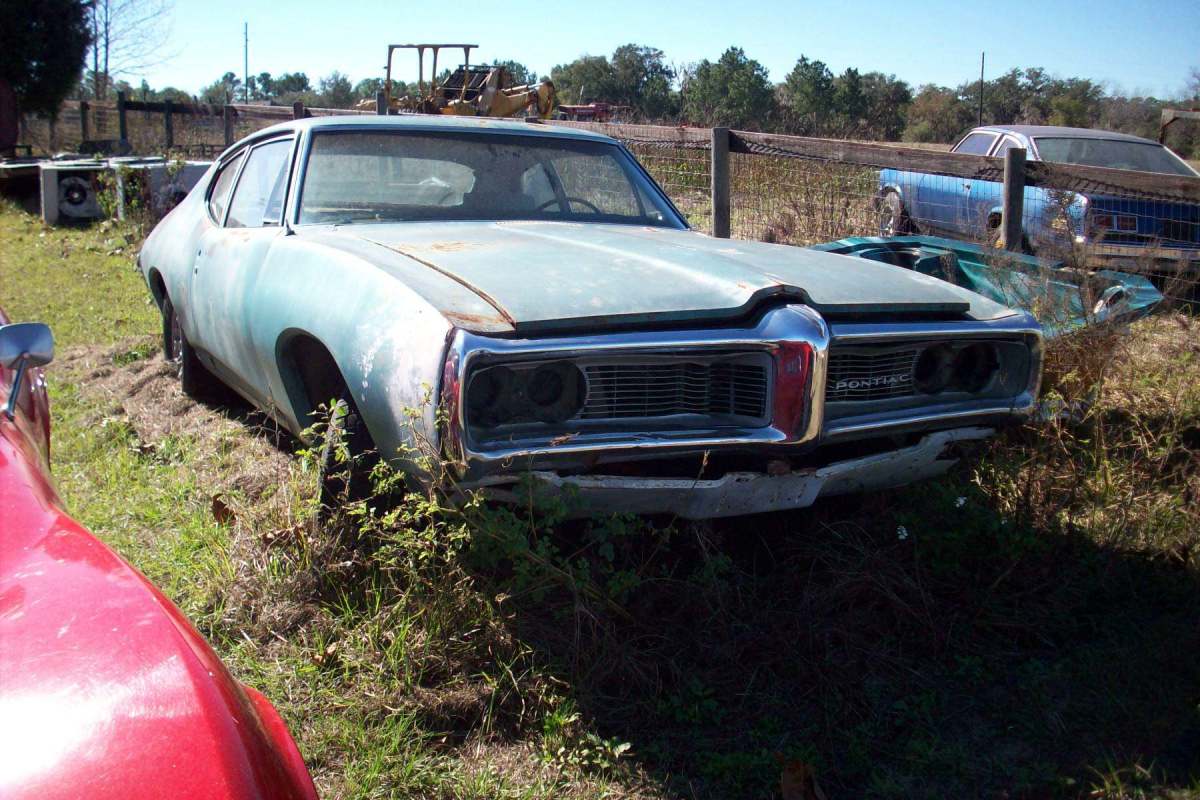Intelligent Car Buying Advice
How many times have you bought a used or new car and in the process you attempted of some sort of troubleshooting diagnostics regarding a sound you heard, something you saw, how something felt, smelled or caused you to be wary?
Unless it was a new car, it has been whenever you were looking at a used car. The funny thing about cars is that since the 1960s most are not all that different than new ones. Sure, the external body is different, maybe some of the electronics, but they all share a basic theme and share similar symptoms when these basics go awry.
For instance, whether the car is a 1965 Mustang or a 2008 Mustang, if the wheel bearings start to go out, the symptoms are the same. The sound is the same. The problem is, is if you do not know what to look for you may think it is a “normal” noise, buy the car, then, suddenly break down. If you sort of know about what to look for or what happens when things start to wear out, then, you can maybe negotiate a lower price with the seller or when you take it to a mechanic, you can relay this problem accurately to them so they can pinpoint and verify your “hunch”.
Thus, the purpose of this is to provide the reader with troubleshooting info about the common elements all cars share and diagnostics regarding them when these elements begin to fail. At the very least, it provides information that arms you with knowledge so you know how to buy a used car or know your own car.
Common Mileage Milestones
The scenario is also universal. You are buying a new but used car. One of the first thing out of a buyer’s mouth is “how many miles”? Whatever the response may be, it will tell you in general terms, what to consider looking at more carefully. However, the universal rule is that any car that has less than 60,000 miles, is probably not going to have issues unless it was not maintained, has been sitting for many years. There are exceptions. Many newer cars from the 90’s usually need little, but the older the car, the more likely it will need something.
Is the age in years more important than the mileage or vice versa?
They are both important. Mileage is wear and tear on the car and all of its mechanicals etc. You could have a 2007 car with over 100,000 on it and it needs some things replaced. On the other side, time is important. Think a collector with a 1966 Corvair Corsa by Chevrolet. It spent its life in a time capsule and has only 1000 miles, rarely operated. If this car suddenly became a daily driver, it would also need things because time corrodes gaskets, seals, turns gas into varnish-like goo clogging carbs and fuel lines, turns brake fluid into a useless state and so on. Engines are meant to run and doing so does preserve them as they lubricate the engine parts. Engines that simply sit for years require a slow recovery process to become a daily driver to prevent seizure. Time also allows critters to chew electrical wiring for their nests. If one is storing their “classic” it is best to run the engine by idling for 10-20 min a few times a week or better, go around the block a few a times!
A car is like a human body. The more time and mileage on it, parts simply wear out and if not replaced, functioning stops. Life ends.
Typical Routine Maintenance Intervals
1960’s Era
Chassis lubrication - every 6000
Wheel bearings – every 10000
Steering Gear – every 36000
Brake Master Cylinder – every 6000
Brake and Clutch cables – every 12000
Tranny – every 6000
Rear axle – every 6000- 10000
Oil Cooler – every 12000
Oil Filter- every 4000
Universal joints – every 25000
1970’s Era
Chassis lubrication – every 7500 miles
Rear axles – every 15000
Wheel bearings – every 30000
Brake bleed and renew – every 50000
Universal joints – 30000
Steering gear oil – 36000
1980’s and later
Oil change – every 3000
Wheel bearings – every 30000
Transaxle – every 30000
Spark plugs – every 60000
Timing belt – every 105000
2000 +
Drive belts – Inspect and Replace (if needed) every 30000
Fuel filter, spark plugs – every 60000
Front \rear tranny differential oil- every 30000
Automatic tranny fluid – every 30000
Inspect\replace disc brakes – every 15000
Axel shaft joints and boots – every 15000
Brake drums – every 30000
Clutch – Inspect\replace – every 15000
Wheel bearing repack\replace- every 60000
Powertrain – inspect\service – every 60000
Oil\Water pump – inspect and replace (if needed) – every 60000
Of course, other things like chassis parts: springs, shock absorbers, ball joints, bushings, also make up nearly all cars of any year and they do wear out. Most of these impact how the car rides (does a bump or pothole sound like going over railroad tracks or really thumps?), if you detect wheel shimmy on a smooth road, check ball joints. In many cases, these parts can last well over 100K. You could buy a 67 Camaro and its original shocks are still good.
As one can quickly see, many things have changed with car maintenance since the 1960s, some things, not so much. The difference is mainly longer lasting lubricants that allow longer intervals. But how does this help knowing this?
Suppose you are thinking of buying a used car with 120K in miles. Armed with the above, you can quickly ascertain its condition. Simply ask about if the timing belt was changed, if the wheels bearings were repacked or replaced, if the disc brakes were replaced. You know, with this kind of mileage they all should have been done at least once. If the seller says, “no” or “I don’t know”, odds are, they probably have not but you will need to verify it. If you buy the car without doing this, just be prepared for these repairs at some point. If the seller says, “yes”, ask when in terms of miles it was done. It may be time to do it again! Also, by asking such “questions” it puts the seller on edge because “you seem to know about cars” and are not a dumbo.



